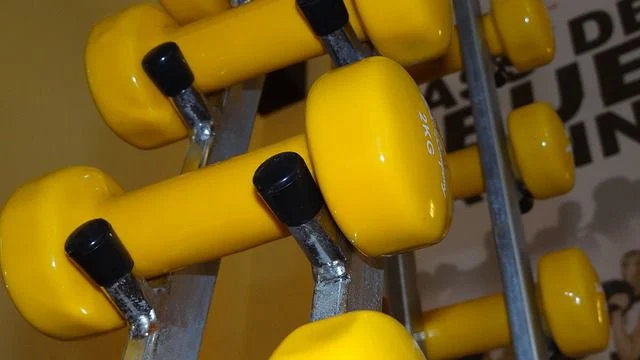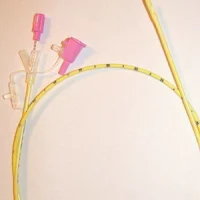Zudin A. Puthucheary, M.R.C.P., of University College London,
England, and colleagues conducted a study to characterize and evaluate
the time course and pathophysiology of acute muscle loss in critical
illness.
“Survivors of critical illness experience significant skeletal muscle
weakness and physical disability, which can persist for at least 5
years. Muscle wasting contributes substantially to weakness acquired in
the intensive care unit, but its time course and underlying
pathophysiological mechanisms remain poorly characterized and not well
understood,” according to background information in the article.
The study included 63 critically ill patients who were prospectively
recruited within 24 hours of intensive care unit (ICU) admission from
August 2009 to April 2011 at a university teaching and a community
hospital in England. Muscle loss was determined through serial
ultrasound measurement of the rectus femoris (a muscle in the
quadriceps) cross-sectional area (CSA) on days 1,3,7, and 10.
The researchers found reductions in the rectus femoris CSA observed
at day 10 (-17.7 percent). Decrease in the rectus femoris CSA was
greater in patients who experienced multiorgan failure compared with
single organ failure: -15.7 vs. -3.0 percent by day 7; -8.7 percent vs.
-1.8 percent by day 3.
In addition, muscle protein synthesis was depressed to levels
equivalent to the healthy fasted state on day 1. It increased to rates
similar to the healthy fed state by day 7; but the net balance remained
negative (i.e., destructive metabolism). “Importantly, these overall
effects occurred despite the administration of enteral nutrition.
Unexpectedly, higher protein delivery in the first week was associated
with greater muscle wasting,” the authors write.
“Early interventions to enhance anabolism [a constructive phase of
muscle building metabolism] may be required in addition to those aimed
at reducing catabolism if muscle wasting is to be limited or prevented.”
Source: The JAMA Network (doi:10.l001/jama.2013.278481)
The presentation of this study at the ESICM is available at this link:
www.esicm.org/news-article/lives2013hottopics










